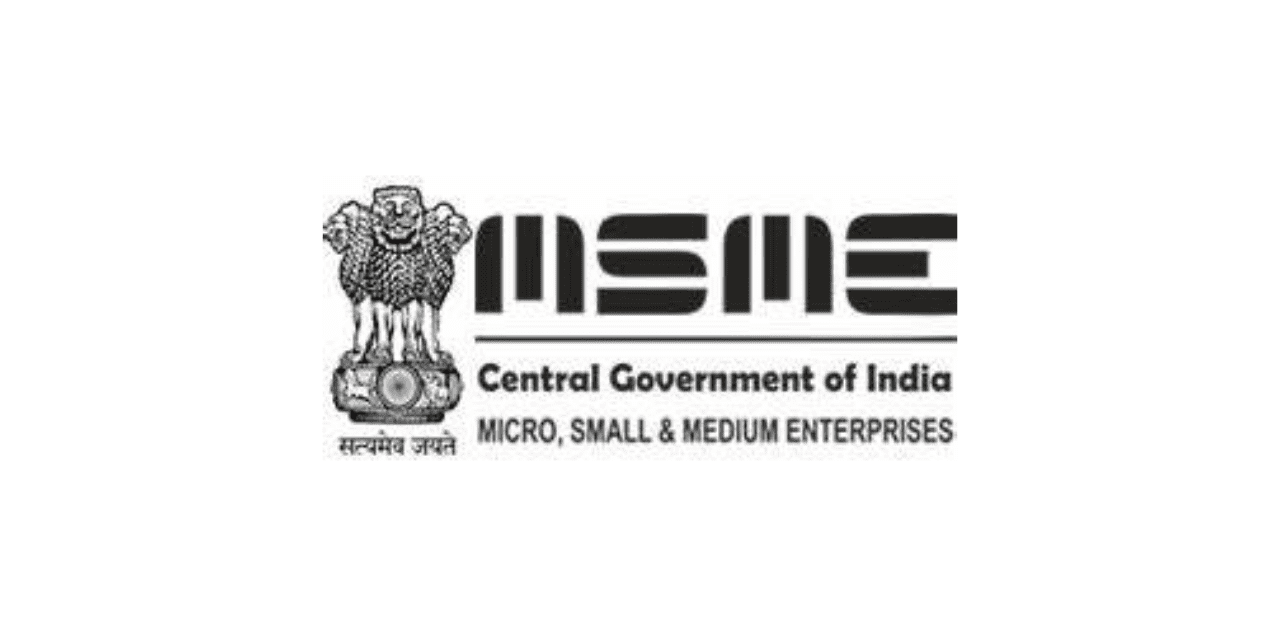The World Trade Organisation‘s (WTO) ministerial conference at Geneva this month is expected to firm up regulation for trading by micro, small and medium enterprises (MSMEs). India should continue to stay away from the pact, supported by 80-plus members, including the US, China and the EU. The reasons are compelling. The draft regulation does not consider differences in MSME sizes. For instance, a firm with a turnover of Rs 800 crore and another with Rs 2.5 crore will have the same commercial rules. This will make it obligatory for India to reciprocate the same treatment to large MSMEs overseas, hurting domestic MSMEs. India uses capital assets and annual turnover to define MSMEs across categories. Globally, it must push for more definitional clarity. Ideally, SMEs should be delineated from micro enterprises at the global level.
The draft proposals also focus on collection of information, trade facilitation, access to finance and harmonisation of standards. But the information available now for negotiation at the WTO is suboptimal. India should push for more transparent data, on both tariff and non-tariff measures. Harmonised system of nomenclature (HSN) codes – a globally standardised system of names and numbers to classify traded products – are not provided by members notifying non-tariff measures. In the case of tariffs, ad valorem-equivalent duties are not provided for specific duties. WTO must fix these.
The pandemic has hurt MSMEs that make 95% of companies and account for 60% of employment across the world. Understandably, WTO wants to foster a transparent, non-discriminatory and predictable global trade environment that enhances MSME involvement in international trade. The proposed regulation falls short of this goal.

